Crisis in Lebanon rooted in bin Salman’s fear of Yemen's Ma’rib liberation: Top Hezbollah official
A high-ranking Hezbollah official says the diplomatic crisis between Lebanon and Saudi Arabia is rooted in Saudi Crown Prince Mohammed bin Salman (MBS)’s “fear” of the liberation of the Yemeni strategic city of Ma’rib amid Beirut’s support for Yemenis during the Saudi war.
Hashim Safi al-Din, head of the Executive Council of Hezbollah, said in a statement that it is not “reasonable” to think that the diplomatic crisis is related to remarks made by the Lebanese information minister “but rather it is greater than that.”
“What is happening in Saudi Arabia is a major thing, as the Saudis and the [Persian] Gulf [countries] in general, who have followed the path of forming relations with Israel, cannot bear a voice from Lebanon and others who will criticize them in the future over the Saudi-Israeli relations, which will be made public in the coming days,” he added.
The senior Hezbollah official said that the Saudi Crown Prince lives in a state of “dilemma and anxiety” and will have to face a great situation after the fall of Ma’rib, emphasizing that MBS is fearful of losing all his illusions.
He warned that all those who work to interrupt the Lebanese government, undermine the country’s stability, and mount US and Saudi sanctions to destroy Lebanon, highlighting Hezbollah’s sacrifices “in order not to lead our country to internal clashes, and for this, we [have striven to] resolve the economic and internal problems of the Lebanese people.”
Safi al-Din emphasized that those who are pushing to fabricate security, diplomatic and political crises in Lebanon are the ones that are working to sabotage the country.
He said that the future of Lebanon is not in the hands of the Saudis “but in the hands of God and thanks to those who sacrificed for the dignity of the country.”
Saudi Arabia will not tolerate any criticism in the future, especially after its relations with the Israeli regime will be public in the coming days, he added.
The Saudi-Lebanon row began after George Kordahi, who currently serves as Lebanon's information minister, said during a television program, which was aired last Monday, that the 2015-present Saudi Arabia-led war on Yemen was an act of aggression by Riyadh and the United Arab Emirates (UAE), the kingdom’s most significant ally in the military campaign.
He called the war “absurd,” saying it had to stop because he was opposed to wars between Arabs. The minister also said the Yemeni army forces and their allied fighters from the Popular Committees were “defending themselves ... against an external aggression.”
The Saudi kingdom subsequently recalled its ambassador from Beirut and expelled the Lebanese envoy from the Saudi capital.
A Lebanese lawmaker said on Saturday that a country that failed in its war on Yemen is now planning to take revenge against Lebanon over its support for the oppressed Yemeni people.
“Today, we are facing a crisis created by one of the regional countries that launched a cruel war against another Arab country and lost it,” Lebanon’s al-Ahed news website quoted Mohammad Raad, head of Loyalty to the Resistance Bloc — the political wing of the Hezbollah resistance movement — in the Lebanese parliament as saying, apparently referring to Saudi Arabia.
Lebanon capable of facing all challenges: Yemen's Ansarullah
As tensions have been running high between Beirut and Persian Gulf states over the Saudi war on Yemen, Mohammed Abdul-Salam, Yemeni popular Ansarullah movement’s spokesman, said on Sunday that Lebanon, its people, and the resistance movement are capable of facing challenges, no matter what they are.
In a post on his Twitter account, Abdul-Salam added that the Lebanese people were the ones who inflicted the first crushing defeat on the Israeli enemy.
لبنان دولة وشعبا ومقاومة قادرٌ على مواجهة التحديات مهما بلغت ولنتذكر أن من ألحق أول هزيمة عربية ماحقة بالعدو الإسرائيلي هو شعب لبنان، والعربي كل العربي هو من يتصدى لأمريكا وإسرائيل لا من يلتحق بهما ذيلا، ويستهدف الأمة بدعوى العروبة.
— محمد عبدالسلام (@abdusalamsalah) October 31, 2021
True Arabs “are those who confront America and Israel, not those who join them as a tail, and target the nation under the pretext of Arabism,” he tweeted.
Saudi Arabia, backed by the US and regional allies, launched the war on Yemen in March 2015, with the goal of bringing the government of former president Abd Rabbuh Mansur Hadi back to power and crushing the popular Ansarullah movement, which had overthrown the previous Saudi-backed Yemeni government. The Saudi war has left hundreds of thousands of Yemenis dead, and displaced millions more. It has also destroyed Yemen’s infrastructure and spread famine and infectious diseases.
In the meantime, Yemeni armed forces and the Popular Committees have grown steadily in strength against the Saudi invaders and left Riyadh and its allies bogged down in the country.
Minneapolis murders by ICE – backed by Trump – push US to the brink as protests intensify
Zelensky claims US security pact '100% ready' as war continues
Lebanese journalist tageted for exposing President Aoun’s pro-US, anti-resistance agenda
Wave of Israeli attacks target southern Lebanon in latest ceasefire violation
Iranian researchers develop indigenous software for precise satellite positioning
Iran vows deterrent response to any aggression amid US, Israeli threats
VIDEO | Press TV's news headlines
US pressure contributing to Israeli influence in Latin America: Experts


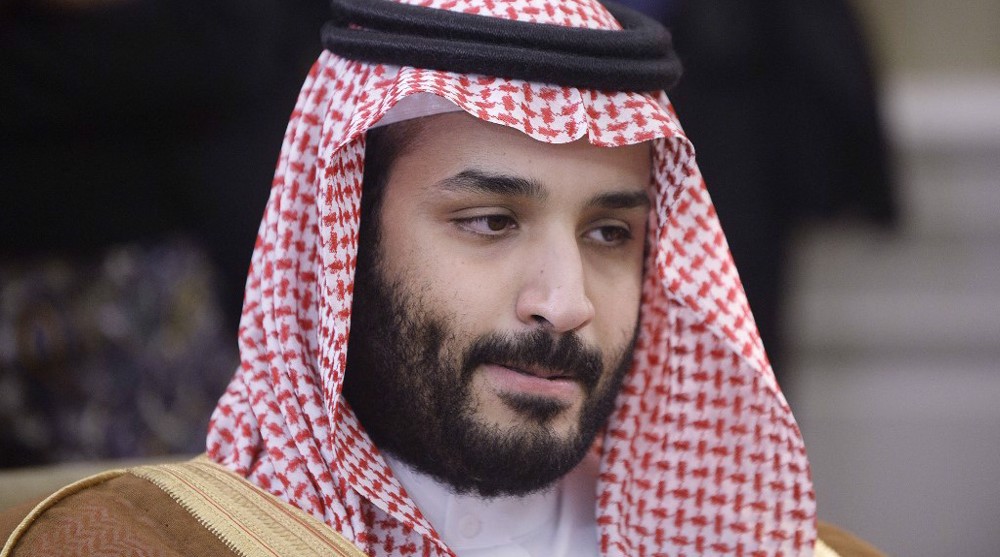
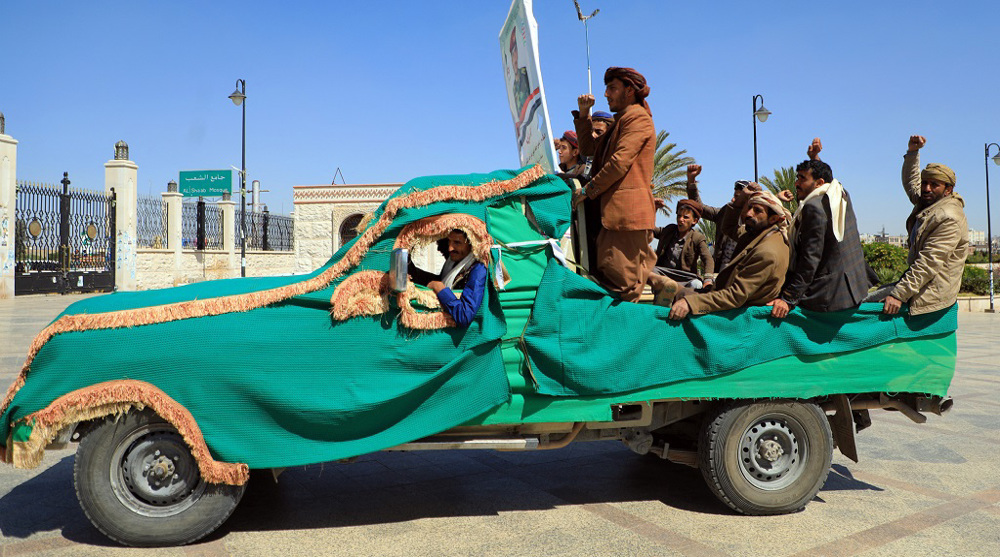
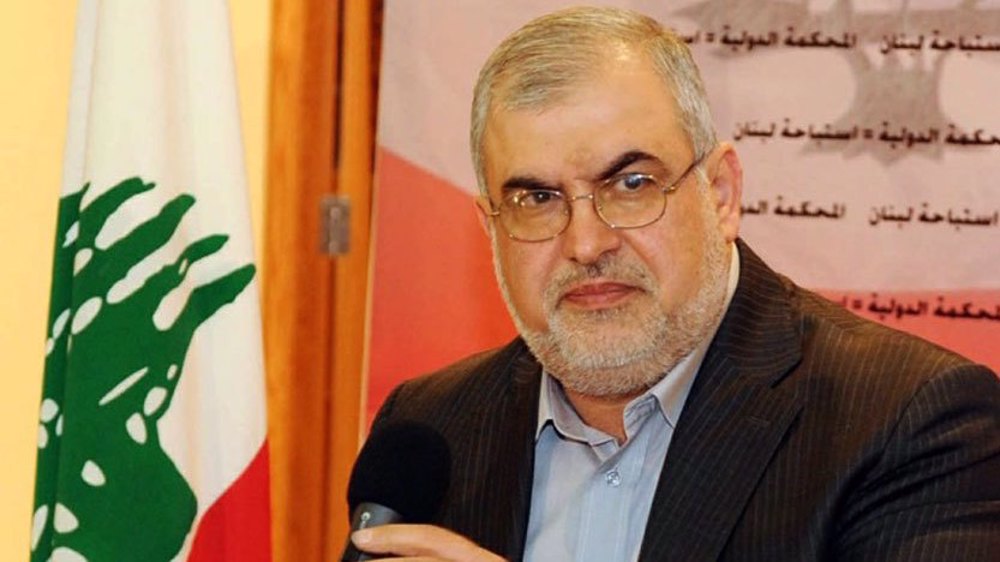
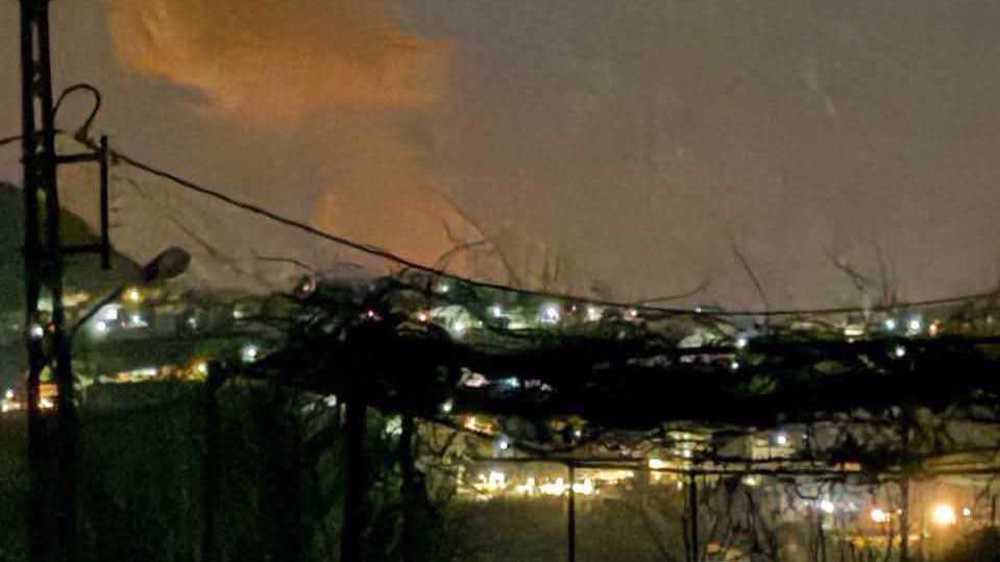
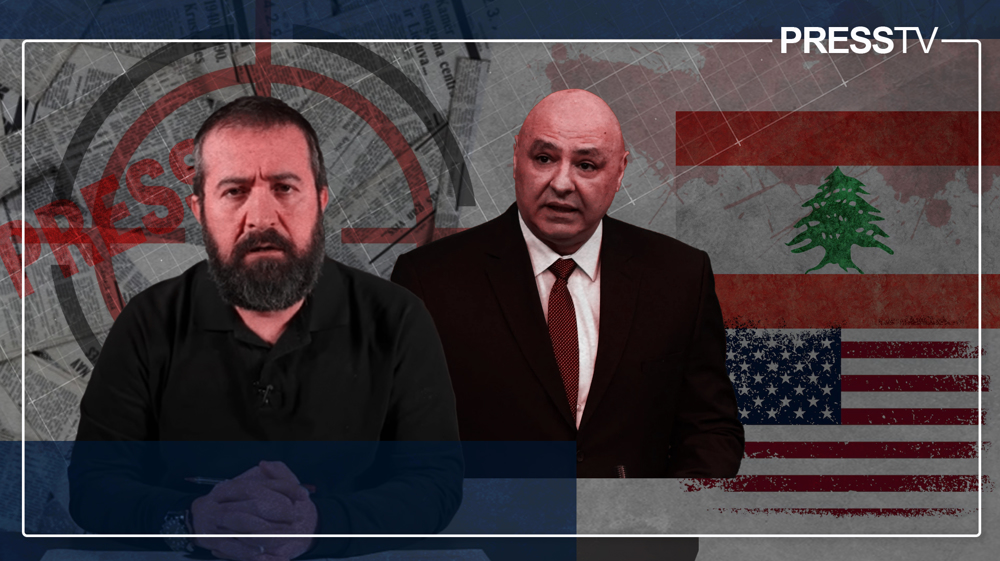
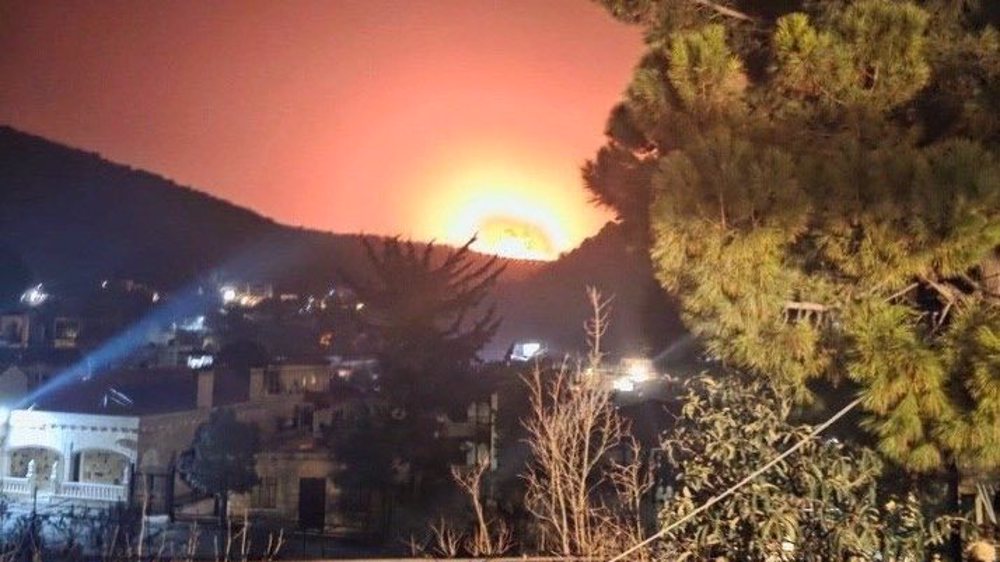



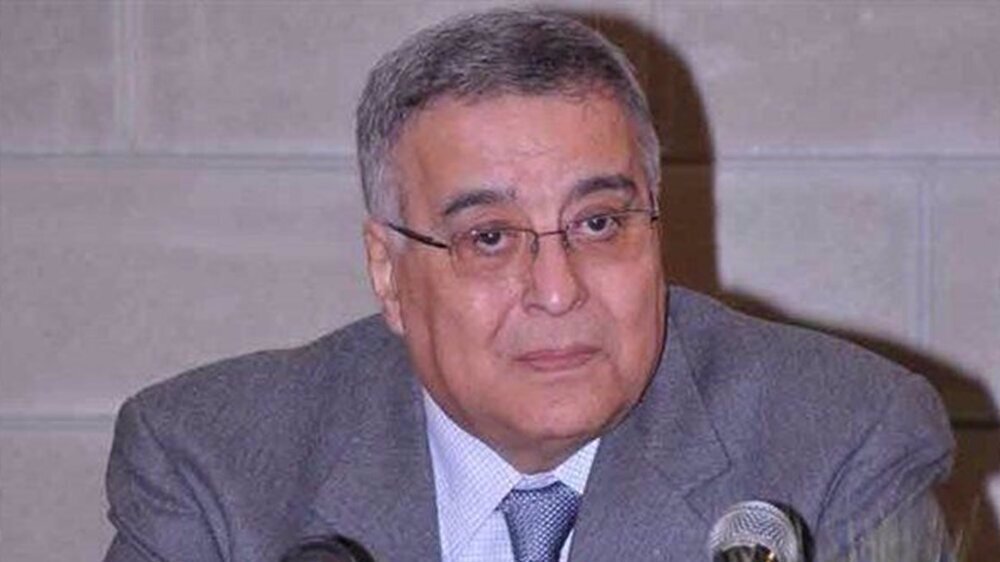
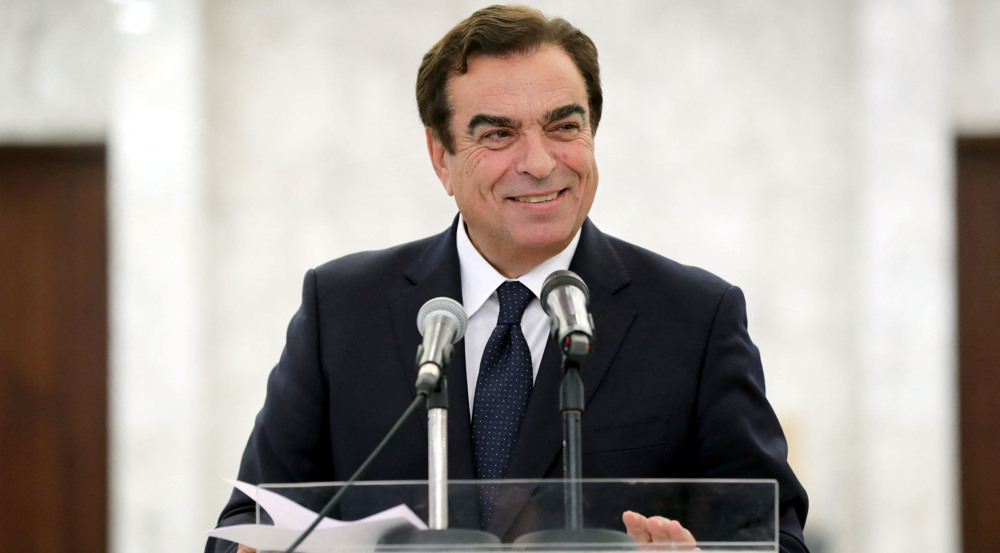
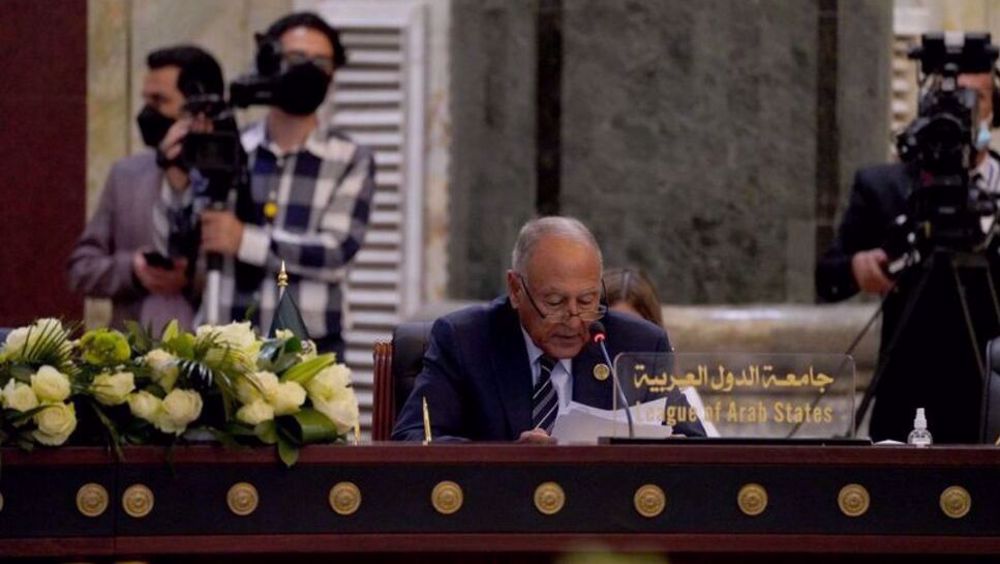

 This makes it easy to access the Press TV website
This makes it easy to access the Press TV website